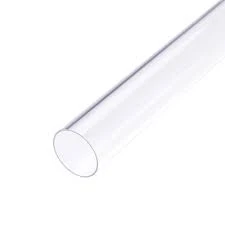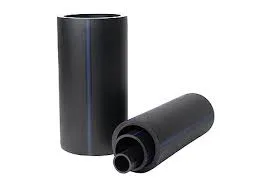feb . 13, 2025 01:17 Back to list
pp board
Polypropylene sheets, commonly referred to as PP boards, are revolutionizing industries ranging from construction to arts and crafts. As an expert in materials with a passion for sustainable and adaptable solutions, I've uncovered the vast potential and applications of this versatile product.
The thermal resistance of PP boards is another critical aspect that enhances their utility. In industries dealing with fluctuating temperatures, such as HVAC or outdoor installations, having a material that can endure significant temperature variations is crucial. This property ensures structural stability and operational efficiency, providing peace of mind in challenging climates and settings. Environmental considerations are becoming increasingly important in various industries, and PP boards are leading the way as a sustainable option. Polypropylene is recyclable, and the production of PP boards is often more environmentally friendly compared to other materials. Advocating for eco-friendly products, I’ve seen PP boards reduce the carbon footprint in manufacturing processes, promoting a more sustainable approach in industries addressing ecological concerns. Trust in materials comes from repeated successes and proven results. PP boards have demonstrated their authority in fields where safety and reliability are not optional. For instance, in medical settings where sterility and durability against cleaning agents are required, PP boards' resistance and easy-to-clean nature make them an excellent choice. They are often used in hospital furnishings and laboratory settings where hygiene is non-negotiable. In summary, PP boards offer a plethora of advantages that make them indispensable in multiple sectors. Their resistance to chemicals and moisture, customizable aesthetics, thermal resilience, and sustainable attributes create a unique blend of practicality and innovation. Companies that integrate PP boards into their operations can expect enhanced performance and satisfaction due to this material's authoritative presence. As someone deeply involved with material sciences and industrial innovations, I confidently endorse PP boards as a future-forward choice that holds a competitive edge in versatility and sustainability.


The thermal resistance of PP boards is another critical aspect that enhances their utility. In industries dealing with fluctuating temperatures, such as HVAC or outdoor installations, having a material that can endure significant temperature variations is crucial. This property ensures structural stability and operational efficiency, providing peace of mind in challenging climates and settings. Environmental considerations are becoming increasingly important in various industries, and PP boards are leading the way as a sustainable option. Polypropylene is recyclable, and the production of PP boards is often more environmentally friendly compared to other materials. Advocating for eco-friendly products, I’ve seen PP boards reduce the carbon footprint in manufacturing processes, promoting a more sustainable approach in industries addressing ecological concerns. Trust in materials comes from repeated successes and proven results. PP boards have demonstrated their authority in fields where safety and reliability are not optional. For instance, in medical settings where sterility and durability against cleaning agents are required, PP boards' resistance and easy-to-clean nature make them an excellent choice. They are often used in hospital furnishings and laboratory settings where hygiene is non-negotiable. In summary, PP boards offer a plethora of advantages that make them indispensable in multiple sectors. Their resistance to chemicals and moisture, customizable aesthetics, thermal resilience, and sustainable attributes create a unique blend of practicality and innovation. Companies that integrate PP boards into their operations can expect enhanced performance and satisfaction due to this material's authoritative presence. As someone deeply involved with material sciences and industrial innovations, I confidently endorse PP boards as a future-forward choice that holds a competitive edge in versatility and sustainability.
Share:
Next:
Latest news
-
High-Quality HDPE Sheet | Durable Plastic Panels
NewsAug.06,2025
-
High-Precision PVC Rigid Sheets for Vacuum Forming | AI-Optimized
NewsAug.05,2025
-
Durable PVC-M Water Supply Pipes | 60-Year Life
NewsAug.04,2025
-
Premium HDPE Water Supply Pipes: Durable & Leak-Proof
NewsAug.03,2025
-
Premium PVC-M Water Supply Pipe - Durable & Efficient
NewsAug.02,2025
-
HDPE Drainage & Irrigation Pipe - Durable, Efficient Solutions
NewsAug.01,2025

